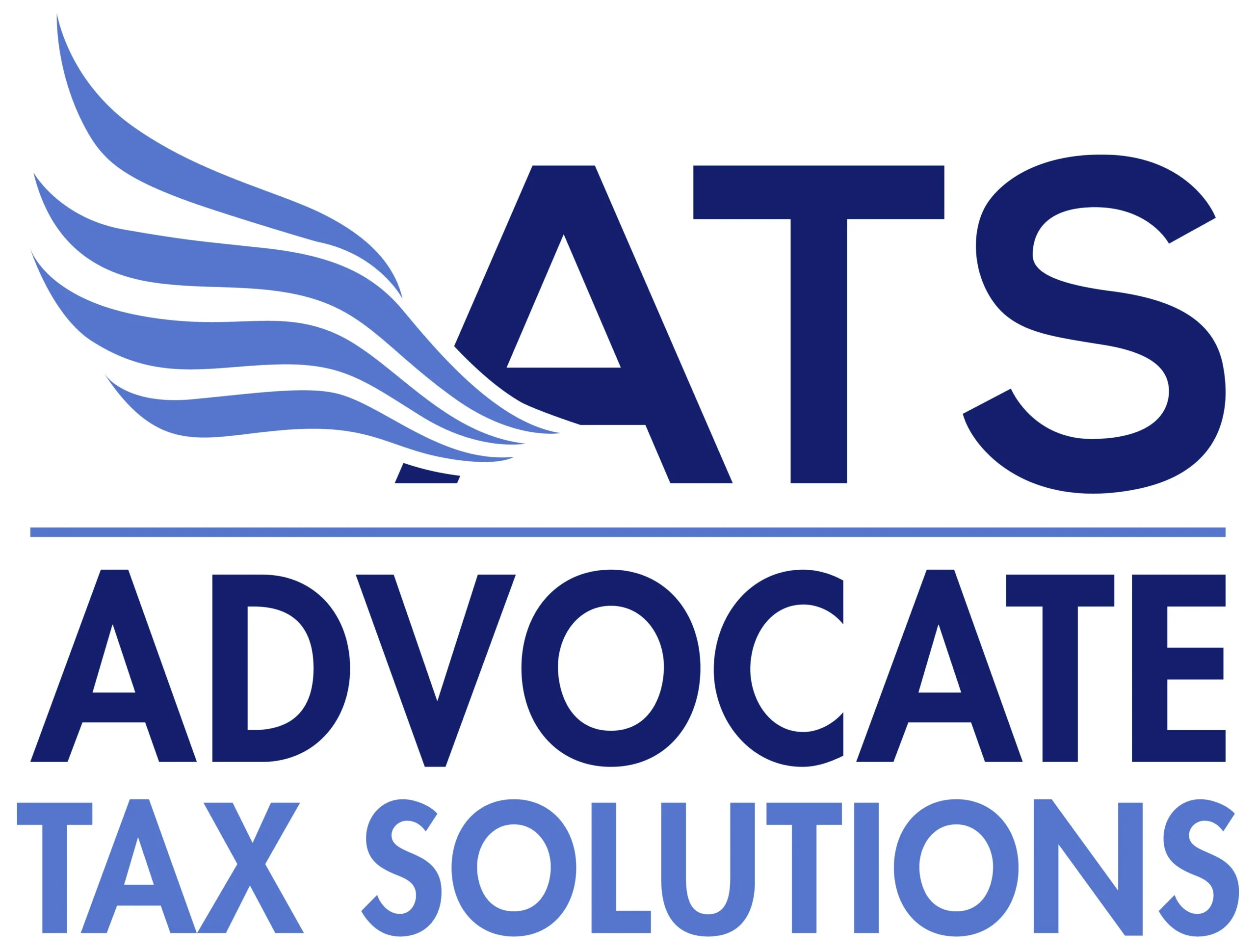IRS Conditional Installment Agreement: Resolve Your Tax Debt Easily
Owing taxes to the IRS can be stressful, but you don’t have to face it alone. A Conditional Installment Agreement (CIA) offers a structured way to pay off your tax debt while staying compliant with the IRS.
Get your free consultation today and discover your options.
What is an IRS Conditional Installment Agreement?
A Conditional Installment Agreement is a flexible IRS payment plan designed for taxpayers who cannot pay their tax debt in full immediately. Unlike standard agreements, a CIA requires you to meet specific IRS conditions, such as:
Filing all required tax returns.
Providing accurate financial information about income, expenses, and assets.
Following IRS rules for the duration of the agreement.
This program allows you to manage your tax debt without facing aggressive collection actions.
Benefits of a Conditional Installment Agreement
Avoid Immediate Collections – While under a CIA, the IRS may temporarily delay levies, wage garnishments, and bank levies.
Manageable Monthly Payments – Your payments are based on your financial situation, making it easier to stay on track.
Stay Compliant with the IRS – Maintaining your CIA ensures you remain in good standing and reduces penalties.
Peace of Mind – Structured payments mean you can focus on your finances without constant IRS notices.
Am I Eligible for a CIA?
You may qualify if:
You owe taxes but cannot pay in full immediately.
All tax returns are filed and current.
You provide honest and complete financial disclosure.
You agree to the IRS terms and conditions.
Failing to meet the agreement conditions can result in revocation and collection activity resuming.
How to Apply for a Conditional Installment Agreement
Gather Financial Information – Collect documentation about your income, expenses, and assets.
Submit Your Application – Use IRS Form 9465 or get help from a tax professional.
Negotiate Your Terms – Work with the IRS to determine a payment plan that fits your budget.
Stay Compliant – Make timely payments and file future tax returns accurately.
Why You Need a Tax Professional
Negotiating a CIA can be complex. A licensed tax professional will:
Assess your eligibility and options.
Prepare accurate financial disclosures.
Negotiate favorable payment terms with the IRS.
Protect your rights and minimize penalties.
With professional guidance, you can secure a plan that fits your life and your budget.
Frequently Asked Questions
Q: Will the IRS stop collections if I enter a CIA?
A: Yes, while you meet the CIA conditions, most collection actions are temporarily paused.
Q: How long does a Conditional Installment Agreement last?
A: Agreements vary but are generally active until your tax debt is fully paid, depending on your financial situation.
Q: Can I modify my CIA if my finances change?
A: Yes, but you must notify the IRS and demonstrate your new financial situation.

